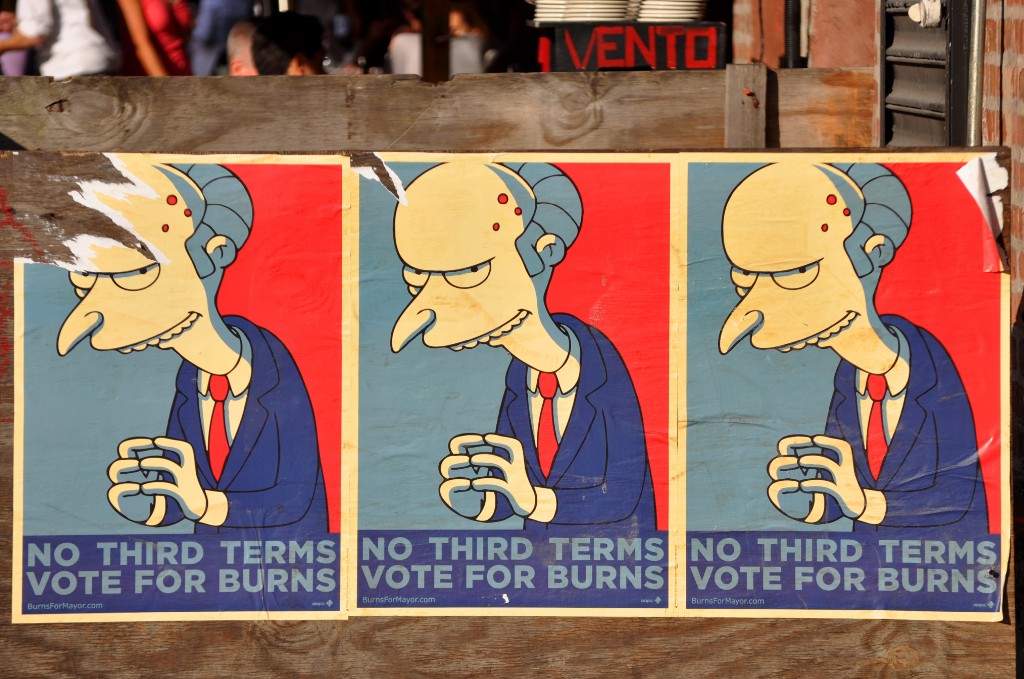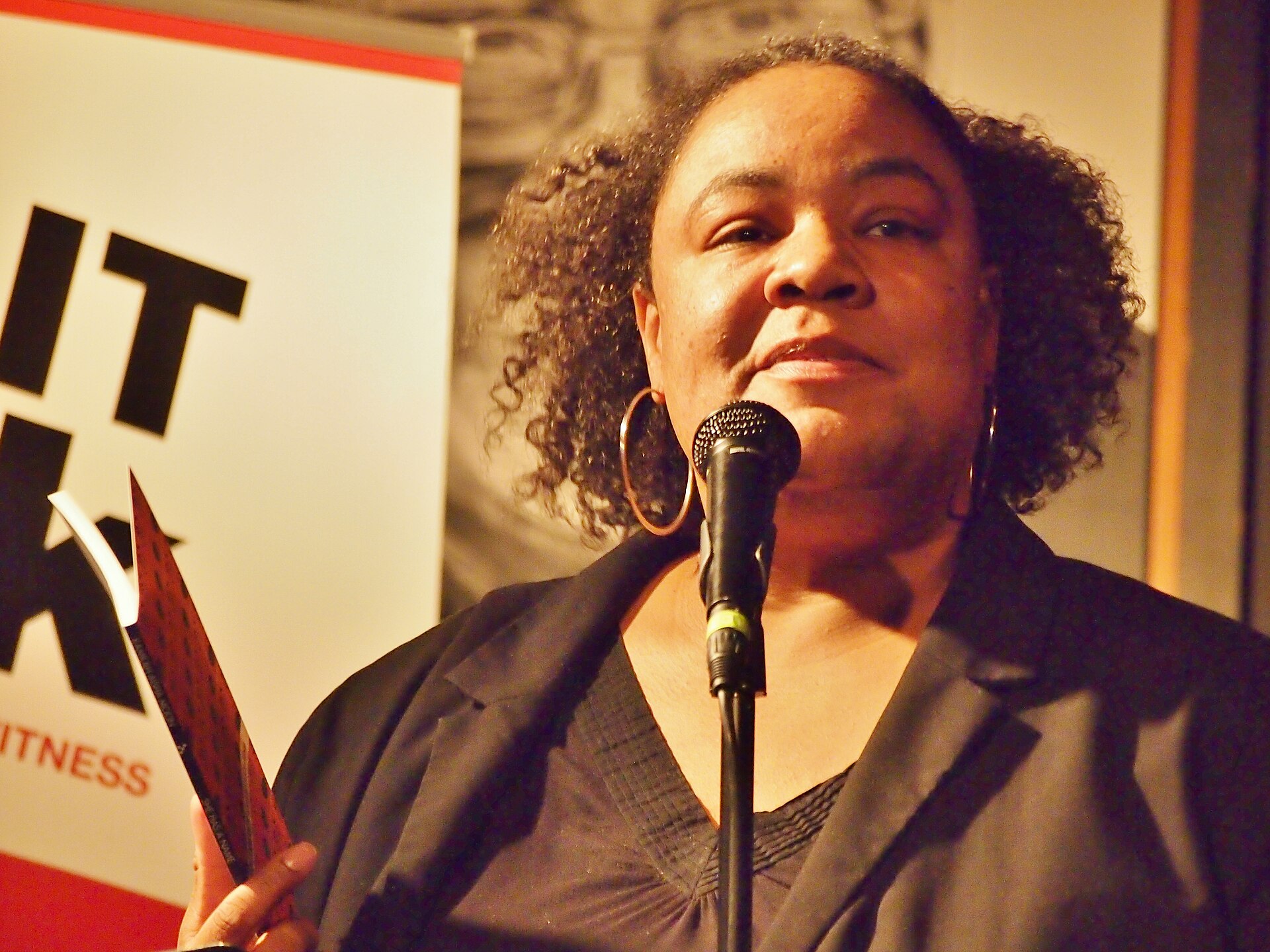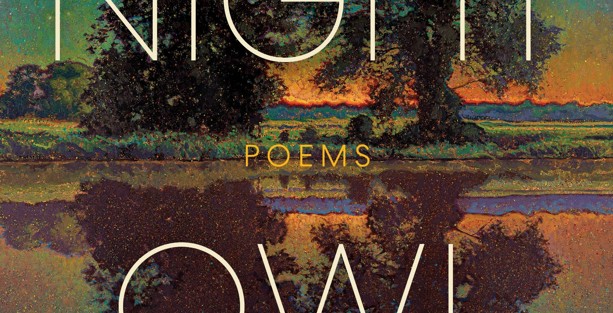interviews
Jesse Ball Left His Main Character Out of His Book
The author of the new novel ‘Census’ talks about the performances forced on writers and their characters alike

“It occurred to me last month that I would like to write a book about my brother. I felt, and feel, that people with Down syndrome are not really understood. What is in my heart when I consider him and his life is something so tremendous, so full of light, that I thought I must write a book that helps people to see what it is like to know and love a Down syndrome boy or girl. It is not like what you would expect.” — Jesse Ball, prologue to Census
The new novel from Jesse Ball, Census, is a book full of unexpected pairings. A tender moment between a father and son exists on the same page as an interrogation by a Kafkaesque bureaucracy. A surgeon who has mastered the science of life must learn the art of preparing for death — his own — and its aftermath, which includes arrangements for the son with Down syndrome who will survive him.

It is the son who emerges as the most important character in the novel. His father, our narrator, doesn’t describe him to the reader; rather, he describes a series of interactions the young man has with friends and strangers. By having the father observe and tell us how his son relates to others, Ball illuminates the core of both characters. We discover their world — and consider ours — through a double lens of experience.
As a fellow poet and teacher, I talked to Jesse about how we define poems and books, and pursuing an abstract form of writing for Census.

Candace Williams: I know you started writing poetry when you were 12. What was the first poem that you read as a child that made you say, “Wow, I want to write these.”
Jesse Ball: Well, it’s hard to remember the first one because my parents were always reading poetry to me as a child. We would read a lot of poetry aloud. I loved poetry that had a lot of sound in it. Dylan Thomas, for instance. I still love Dylan Thomas but he frustrates me a little. I want there to be a little more meaning in the poems. I loved all of the sounds of these Old English poems. I’ve always loved Sir Gawain and the Green Knight. We read the Song of Roland and these sort of epic, epic things like the “Charge of the Light Brigade.”
How to Set a Fire and Why We Watch It Burn
CW: Kids love the sound of poetry. I run a poetry guild for my sixth graders and we’re reading a lot of Persian poetry from the Middle Ages. They love Rumi, Hafiz, and Rabia Balkhi. They love ghazals. I have better conversations about poems with them than I do with adults.
JB: Kids are more qualified to understand Hafiz than adults. All the baggage that you take on to become a supposedly “mature” person really prevents you from feeling these epiphanies. Hafiz is in the middle of a marketplace just crying out. Rumi and Hafiz have discarded things that we are as adults implicitly support. But children, not yet. We would do better to be more like children.
CW: I believe that. Every day I talk to them about issues in the world. I think they have a better grasp on what’s real and what’s artifice.
Even though you started to write poems when you were 12, you didn’t show your poems to anyone for a long time. How did showing your work to an audience change you? I’m wondering how the process of publishing and marketing your writing changed you as a writer.
JB: I am interested in things not many people are interested in, like absurdity and the hatred of the United States. I don’t write very often, so most of the time I’m just kind of wandering around in a cloud, reading, and trying to be a basic human being.
There are certainly unpleasant demands that come with being a published writer, and I think if they’re not handled in the right way it can be an impediment to making things. But I think it’s more the phantom of these things that ends up being problematic. Like, the thought of meeting people who read your work. That kind of phantom just means that you have to create for yourself some kind of vision of who you are for other people.
It becomes an impediment if you want something specific out of your public side or if it matters that a lot that people think well of you. If you go through the 20th century there are many different figures whose public face is not self-aggrandizing but working in service to something larger than themselves. They have a hope of something for both themselves and others. Like James Baldwin. His public persona was not something extruded in order to make him seem smart. The public side is this deep side of service. I think that’s a way to make these responsibilities not a negative responsibility but a kind of compass. Am I really doing the things that I need to do? Am I keeping in tune with the help that’s being asked of me by others?
Asking questions is almost always superior to coming up with answers.
CW: In a way, we’re talking about necessary performance. Not just the the performance of writing or speaking but also the performance of listening and reading. It reminds me of Fanon’s concept of double consciousness. I have my immediate consciousness but I also have to contend with white consciousness at every turn. I automatically position myself for myself and also for others.
One part of Census that really spoke to me was the way the main character had to go from house to house and ask questions. I love how he thinks about those questions and starts to really dive into the power dynamic of being the questioner.
JB: I think this is the core of teaching. What you should give in a teaching practice is all the secrets that you truly feel are most valuable about being that you’ve discovered in your life. One of those secrets is that asking questions is almost always superior to coming up with answers.
This is even true in science and mathematics. Many of the supposedly greatest thinkers were known for coming up with with these really interesting questions. They don’t even manage to answer all the questions they come up with. That’s left for lesser scientists. There are so many different ways to answer questions. Sometimes the question itself is posed and then an answer isn’t necessarily even required. You know, that’s something that I’d like to have in the classroom. It’s okay to ask the question, and then for no one to say an answer, for everyone to just think about all the possible answers. That’s sufficient.
“A Lick of Night” by Max Porter
CW: I know that your brother Abram lived with Down syndrome and I know that you wanted to find a way to talk about that in a work of fiction. Something I really respect about this book is that you’re writing about the problems and the joys in the lives of the father and son. Yesterday, I was talking to my sixth graders about the complexities and risks of stories by writers without physical or intellectual disabilities that depict characters living with disabilities. Writers often end up using ableist tropes.
What were your biggest fears about writing the character of the son and how did you overcome those fears?
JB: English caricatures people with disabilities implicitly. So I had to avoid almost any depiction in the book. It had to be only depiction in a negative space — the effect of the person and such. I was very taken with this idea and I felt that that I could do it. But in hindsight, I’m not exactly sure why I thought that I could do it. It seems like there are any number of ways that it could have failed — the son could have been too shallow or might not exist. So I’m kind of humbled by the fact that it did turn out well.
I think that this book waited a long time to appear. It’s my 15th book. It was something that hadn’t occurred to me to write before, or potentially it was something that I waited to wait to write until I felt I had a certain level of technical ability such that I could write it successfully. Part of that was the ambitiousness of having the main character of a book essentially not be present in the book. It was a self-dare to think that the book could hold up and hold together if I left the most important person in the book out of it.
If I want to feel that an actual labor is underway, I want to physically see it, I want it to be a real physical thing.
CW: When you get to that abstract level where we can’t necessarily measure or see something, you measure and see what’s around it. It seems like you’re applying this logic to thinking about people and writing about people.
I saw a photograph of you standing in front of your manuscript in your Bucktown studio. The manuscript is stuck to the wall with blue painter’s tape. I also paste up my poems with blue painter’s tape. It makes me think of poems as something we can design, that people will touch as they leaf through the pages of a book, get into the world that you’re creating. Can you talk about how you relate to books and poems as physical and visual objects?
JB: When I started writing books of poems in the ’90s, I really felt that the publisher does not get to say “this is a book,” “that’s a book.” That’s something I get to say. I’m the one who gets to say whether something is a book. At that time, when I wrote books, I would just print copies and bind them myself in a somewhat slipshod but still smart-looking fashion. I got to thinking that it is 99.999999999% of a book being a book. In history there have been many different poets and writers who have had only one copy of their book for decades and then other people find it. You know, I think I gave mine out to six or seven people. Today, copies are printed in the thousands to gain adulation or notoriety. I think writers are pressured to measure up to their specific time and if they do, then their work is embraced. But if you happen to be out of step with your time, if potentially there’s only one copy of the book, the copy that you made that doesn’t make it any less a book. It’s just a question of whether you matched up with the time that you’re in. I had a strong feeling about taking that possession and saying, “I’m the one who declares the book,” and giving it some people that I knew. Some of those people still have old copies of my books at home. I’m just saying this is a sufficient thing for someone who wants such a thing. It’s not insufficient until it gets the blessing of the powers that be.
I push in that direction — you have the ideas, and then you’re writing them down, and then you have them in an electronic form that’s just too ephemeral. If I want to feel that an actual labor is underway, I want to physically see it, I want it to be a real physical thing. So I always print the pages and put them up in different ways. Also, life is constantly being pushed on by the world’s consensus on what should matter, and what a life should look like, and what the things that you should be making should look like. It takes so much energy to repel that. One of the ways that I repel it is by making my living space into a kind of laboratory where I don’t need to push back against the world because my poems are already doing that for me. I see them like a like a shield.








